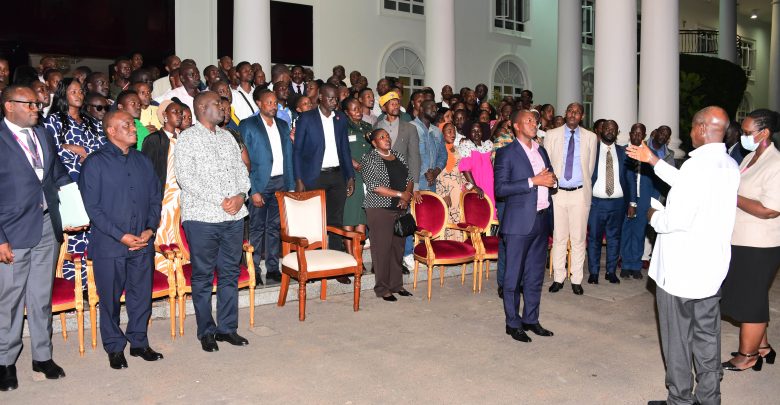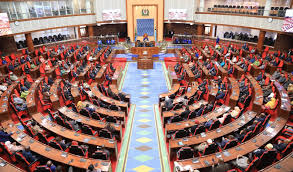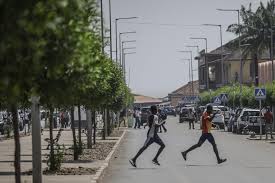President Yoweri Kaguta Museveni has issued a sweeping directive aimed at decentralizing Uganda’s citizenship verification process. In a move to address long-standing complaints from immigrant-origin communities, particularly the Banyarwanda (Bavandimwe), Museveni has transferred the authority for citizenship verification to local community structures. This change comes after years of grievances, especially regarding the exclusion and mistreatment of the Banyarwanda and other immigrant communities in Uganda.
The directive, issued in a detailed nine-page statement following a meeting at State House Entebbe on June 23, 2025, with Banyarwanda leaders and government officials, criticizes the current bureaucratic approach to handling citizenship issues. The meeting was attended by ministers from the Ministry of Internal Affairs, Immigration, and the National Identification and Registration Authority (NIRA).
In his address, Museveni emphasized that the issue of citizenship should be handled by the communities themselves, not distant bureaucrats. “The problem of citizenship in Uganda is a mass community issue, best known to and best handled by the communities, area by area,” he stated. He expressed growing frustration with what he described as the “false allegations” made by some individuals for “ulterior motives” concerning the status of Banyarwanda in Uganda.
The President then ordered that local elders, Local Council (LC) officials, and community verification committees be responsible for decisions on who qualifies for citizenship, particularly for families that have lived in Uganda since before 1962 or when colonial borders were drawn. In his new directive, Museveni outlined that all citizenship registration, especially during mass registration exercises, will be carried out by Local Verification Committees made up of LC1 members, ISO staff, and a respected local elder.
“I direct that all registration of citizenship should be done locally,” Museveni stated. “No payments should be made by those who were here by 1962… Those who came after should pay.” This move follows years of tension around the citizenship status of Ugandans of Rwandan descent, particularly in the western regions. The new system aims to address these long-standing issues while ensuring the process is closer to the people and their histories.
However, some challenges could arise, including concerns about the fairness and consistency of local decisions and the potential for politicization within communities. The shift to local control also comes as Uganda prepares for the 2026 general elections and works to formalize identity documentation in alignment with East African regional integration efforts.
Under the new directive, NIRA will handle the documentation but will refer cases that are unclear or contested to the local committees. If disputes persist, District Citizenship Verification Committees, chaired by the Resident District Commissioner (RDC), will serve as the final decision-makers. Museveni emphasized the importance of local knowledge, recounting his own experiences in Ntungamo, where he can easily identify the communities and families of various ethnic groups based on their long-standing presence in the area.
In his directive, the President also ruled out the possibility of dual citizenship with neighboring African countries, citing security concerns. “What we cannot accept now is dual citizenship with neighboring or indeed all African countries… mainly because of the insecurity here and their descendants,” Museveni said.
Museveni also provided a 14-point list of questions that should be asked during the verification process. These include the applicant’s family origins, how long they’ve lived in Uganda, the language they speak, and their willingness to renounce any foreign citizenship. He stressed that anyone who makes a false declaration during the verification process would face legal consequences, including the cancellation of any ID issued incorrectly.
“False declaration is an offense under the law,” Museveni concluded, reinforcing the legal seriousness of the process.



